Termites Are a Rain Forest’s Ecological Insurance Policy
During a drought, wood-eating insects can be a jungle’s best friends.

Termites get a bad rap in the housing industry, but a recent study shows that they play an essential role in rain forests by buffering them during periods of drought.
“Only about three percent of termite species are pest species,” says Kate Parr, an ecologist and leader of the Funky Ant Lab at the University of Liverpool. Most of them serve critical ecological roles. Parr collaborated with the Natural History Museum of London to study what termites do for tropical environments such as Malaysian Borneo old-growth rain forests. It is known that they break down organic material, but no one knew the broader extent of their ecological functions.
When the study began in 2014, “we were going around supermarkets in Malaysia with trolleys piled high with toilet paper, getting crazy looks from people,” says Parr.
Cellulose-rich toilet paper is like termite junk food, and makes excellent bait. Researchers used the toilet paper to attract and poison termites so they could create areas with fewer termites than regular, healthy rain forest. They also broke down and removed the termite mounds in those areas. “It was pretty hard work,” says Parr. “You’re going through this patch of rain forest where there are millions of termites, breaking down their mounds and rolling them downhill.”

When an El Niño drought struck the rain forests in 2015 and 2016, many plant and microbial species suffered. But termites thrived. They took over for the microbes usually responsible for turning the soil, and because different termite species have different palates—some like to eat wood, while others prefer leaf litter or even soil—they can create a richly varied nutrient quilt that promotes plant diversity.
The drought conditions also made it clear that termites help rain forests retain their water. Soil moisture in plots with termites was 36 percent higher than in those with suppressed termite populations. “In effect,” Parr says, “termites are acting as an ecological insurance to help us get through these stressful periods.”


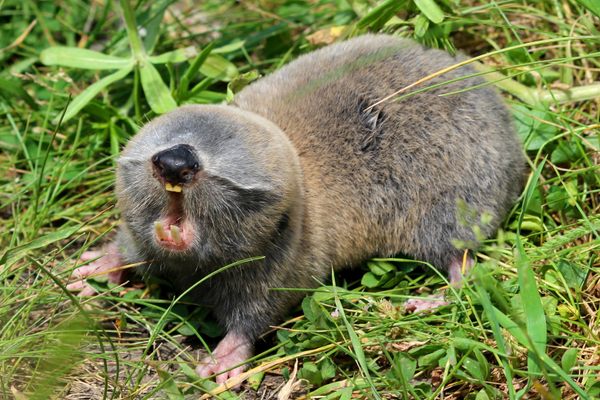

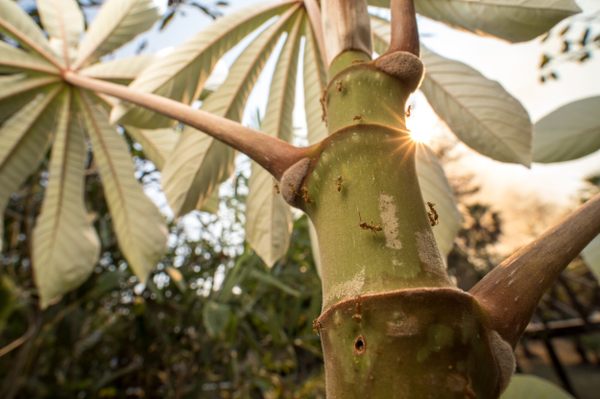
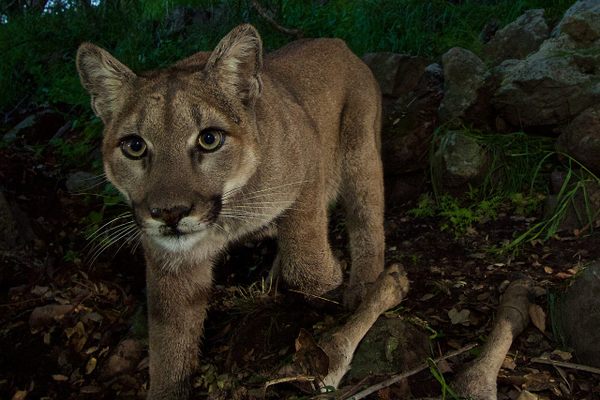







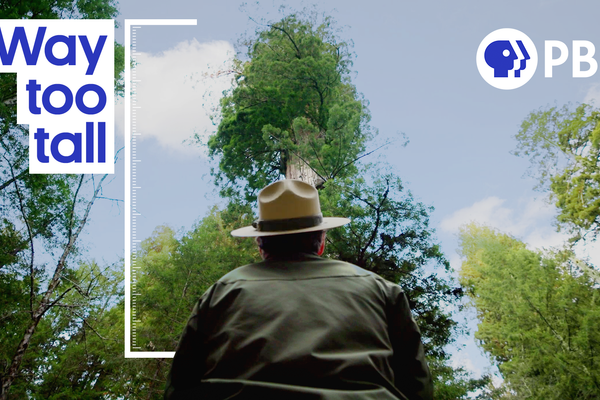

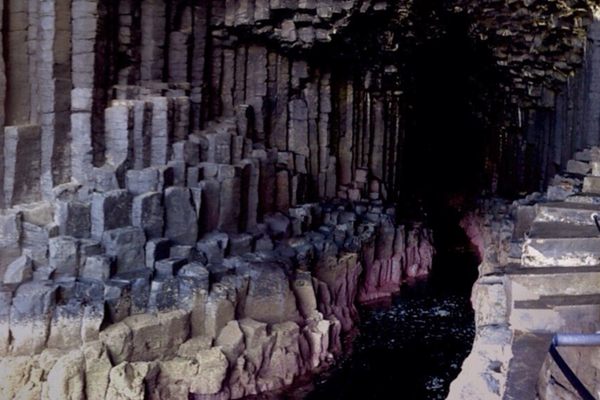


Follow us on Twitter to get the latest on the world's hidden wonders.
Like us on Facebook to get the latest on the world's hidden wonders.
Follow us on Twitter Like us on Facebook